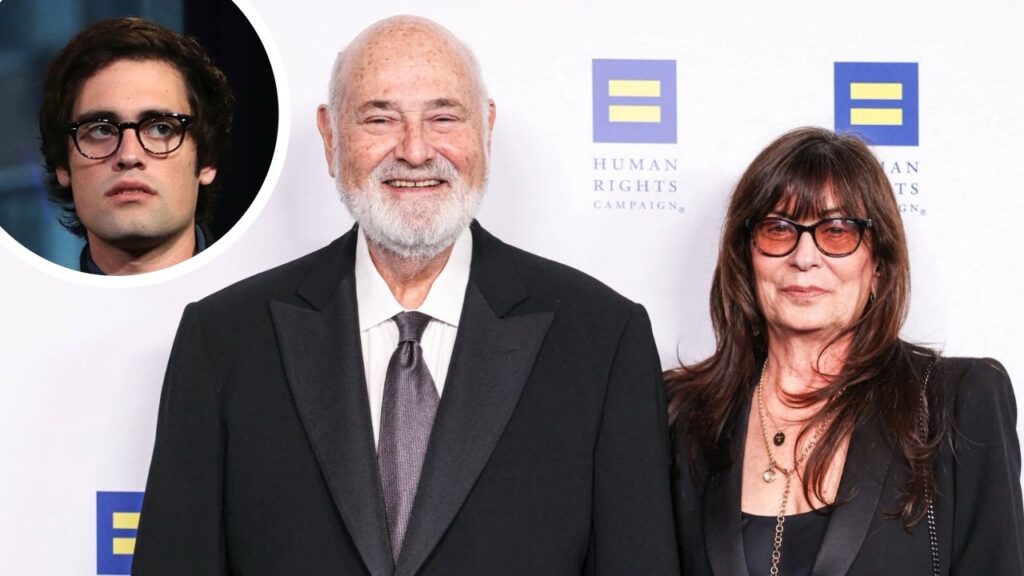NEW YORK (PulseWire) — On Friday, lawyers representing Purdue Pharma, the manufacturer of OxyContin, alongside members of the Sackler family and other stakeholders, will present a nearly unanimous plea to a bankruptcy court judge: approve a sweeping plan to settle thousands of lawsuits linked to the opioid crisis.
If U.S. Bankruptcy Judge Sean Lane accepts this proposal, it could conclude a lengthy legal saga concerning Purdue’s accountability in the opioid epidemic that has led to approximately 900,000 deaths in the U.S. since 1999, predominantly caused by heroin and illicit fentanyl.
This marks the third day of a bankruptcy plan hearing initiated six years ago by Purdue in response to increasingly prohibitive lawsuits.
The recent hearing has been marked by a notable absence of opposition compared to prior proceedings. This time, law firms representing various parties have aligned and provided support for the settlement, which would see the Sacklers forfeit $7 billion in assets and relinquish company ownership.
The U.S. Supreme Court had previously dismissed a settlement proposal over concerns about immunity being granted to Sackler family members from lawsuits arising out of the opioid crisis. The latest plan, however, allows entities opting out to pursue litigation against them.
So far, only 218 out of more than 54,000 injury victims voted against the current plan, indicating broad consensus among those with stakes in its outcomes. Although voices of dissent remain—largely calling for direct victim compensation rather than government entities benefiting—these objections appear less prominent than previously.
Under the proposed settlement, about $850 million will be allocated to help individuals impacted by opioid addiction, with specific provisions for children born into opioid withdrawal. Legal expectations suggest that eligible individuals could receive between $8,000 to $16,000, after legal fees.
This unfolding settlement underscores a larger trend: numerous lawsuits against Purdue and other drug manufacturers have previously settled for around $50 billion total, directed at combating the ongoing opioid crisis, leading to a notable decrease in overdose deaths in recent years.
Moving forward, the proposal includes significant conditions, such as barring Sackler family members from involvement with companies selling opioids abroad and mandating the public release of many internal documents previously protected under legal privilege.
As the hearing progresses, a decision looms that may redefine accountability in one of America's most devastating public health crises.























